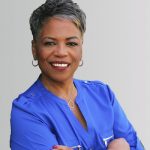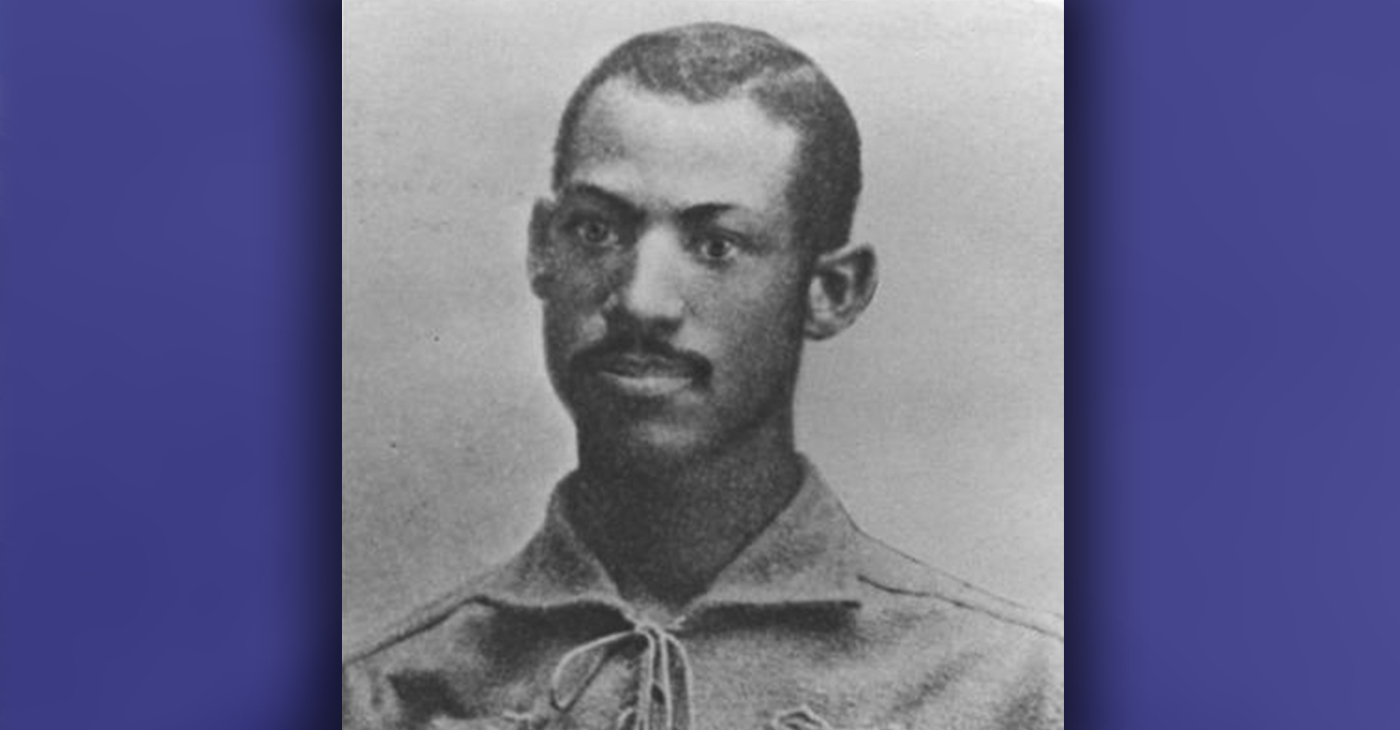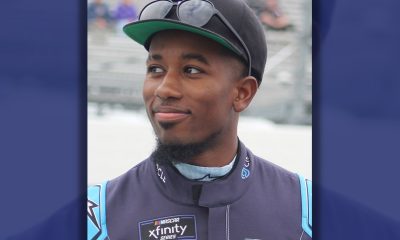By Tamara Shiloh
Some 63 years before Jackie Robinson is credited as the first African American in Major League Baseball (April 15, 1947), Moses Fleetwood Walker (1856–1924) became the true first to break the sport’s color barrier.
The American Association (today, the American League) was formed at the opening of the 1884 baseball season. Their goal was to be in competition with the National League. The Toledo Blue Stockings were added as one of the league’s participating franchises. The starting catcher would be Walker.
Walker took the field against the Louisville Eclipse on May 1, 1884, making him the first African American to play in a professional baseball game. According to baseball historians, it was the worst game of Walker’s career, as he went hitless in four at-bats and committed four errors.
Still, the native of Mount Pleasant, Ohio, and star athlete at Oberlin College went on to have a brief (September 1884) yet successful career with the Blue Stockings.
Walker was the last African American to participate on the major league level before Robinson.
Prior to the Blue Stockings, Walker played for semi-professional and minor league baseball clubs. But how Walker first came to the game is unknown. According to David W. Zang, Walker’s biographer, baseball was popular among children in Steubenville where he was raised. While in Oberlin’s preparatory program, Walker became the prep team’s catcher and leadoff hitter.
Oberlin men played baseball as early as 1865, including a “jet-black” first baseman whose presence suggested Walker was not the college’s first Black baseball player.
After baseball, Walker’s personal life seemed overrun with friction.
In 1891, he was involved in an altercation outside a saloon with a group of four white men exchanging racial insults. One of them hit Walker in the head with a stone. Walker then fatally stabbed his attacker with a pocketknife.
He surrendered to the police and was charged with second-degree murder but was later found not guilty. After, Walker returned to Steubenville where he had worked for the postal service.
Walker’s wife, Arbella, died in 1895. Three years later he was found guilty of mail robbery and sentenced to one year in prison, which he served in the Miami County and Jefferson County jails in Troy, Ohio.
After his release, he jointly owned the Union Hotel in Steubenville with his brother Weldy and managed the Opera House, a movie theater in nearby Cadiz, Ohio. Walker soon gained respect as a businessman in the community. Walker later patented inventions that improved film reels when nickelodeons became popularized. He was a staunch advocate of Black nationalism and jointly edited a newspaper, The Equator, with Weldy. He authored “Our Home Colony” to explore ideas about emigrating back to Africa.
Walker died of lobar pneumonia in 1924. He was 67.
Learn more about the two Black athletes who helped integrate Major League Baseball and the challenges they faced in “Jackie Robinson and Moses Fleetwood Walker: The Lives and Careers of the Players Who Integrated Major League Baseball” by the Charles Rivers Editors.

Tamara Shiloh
Tamara Shiloh has published the first two books in her historical fiction chapter book series,
Just Imagine…What If There Were No Black People in the World is about African American inventors, scientists and other notable Black people in history. The two books are
Jaxon’s Magical Adventure with Black Inventors and Scientists and
Jaxon and Kevin’s Black History Trip Downtown. Tamara Shiloh has also written a book a picture book for Scholastic,
Cameron Teaches Black History, that will be available in June, 2022.
Tamara Shiloh’s other writing experiences include: writing the Black History column for the Post Newspaper in the Bay area, Creator and Instruction of the black History Class for Educators a professional development class for teachers and her non-profit offers a free Black History literacy/STEM/Podcast class for kids 3d – 8th grade which also includes the Let’s Go Learn Reading and Essence and tutorial program. She is also the owner of the Multicultural Bookstore and Gifts, in Richmond, California,
Previously in her early life she was the /Editor-in-Chief of
Desert Diamonds Magazine, highlighting the accomplishments of minority women in Nevada; assisting with the creation, design and writing of a Los Angeles-based, herbal magazine entitled
Herbal Essence; editorial contribution to
Homes of Color; Editor-in-Chief of
Black Insight Magazine, the first digital, interactive magazine for African Americans; profile creations for sports figures on the now defunct PublicFigure.com; newsletters for various businesses and organizations; and her own Las Vegas community newsletter,
Tween Time News, a monthly publication highlighting music entertainment in the various venues of Las Vegas.
She is a member of:
- Society of Children’s Book Writers and Illustrators (SCBWI)
- Richmond Chamber of Commerce
- Point Richmond Business Association
- National Association of Professional Women (NAPW)
- Independent Book Publishers Association (IPBA)
- California Writers Club-Berkeley & Marin
- Richmond CA Kiwanis
- Richmond CA Rotary
- Bay Area Girls Club
Tamara Shiloh, a native of Northern California, has two adult children, one grandson and four great-grand sons. She resides in Point Richmond, CA with her husband, Ernest.
www.multiculturalbookstore.com











































































